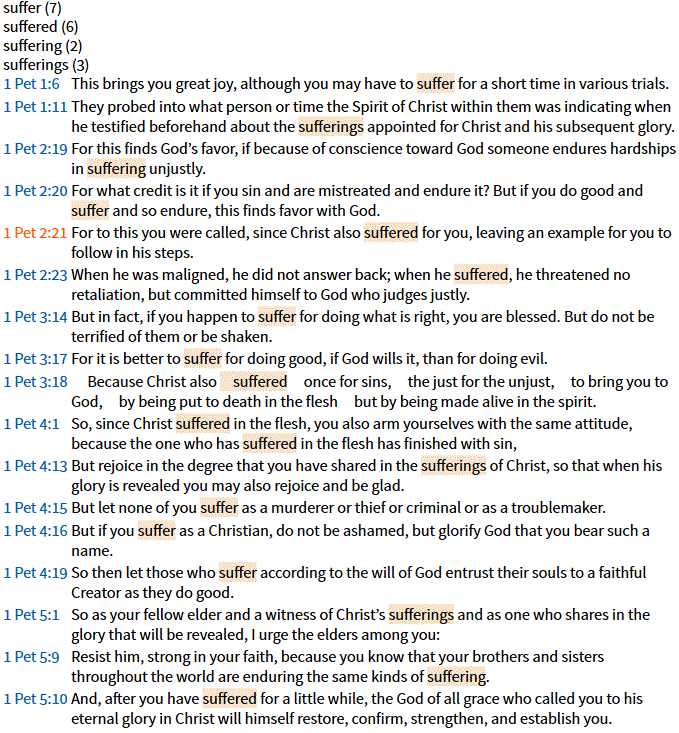I recently
did some research on emerging trends in how Evangelical Bible scholars are
interpreting Genesis 1-2. The recent debate between Bill Nye “the science guy”
and Ken Ham of “Answers in Genesis” has stirred up emotions on many sides.
My research
concluded that some conservative Christians are approaching Genesis without undue wrangling with modern science. In fact, some contend a better approach is ignore
science vis-à-vis Genesis because the ancient reader (and author) simply had no
view on our modern scientific questions. This can allow for science to do its
own thing without a necessary conflict with Scripture (I’ll leave it at that,
since this is not a commentary about science and the Bible).
Instead, some
Bible scholars are wrestling with the ancient culture and use of language. I
think this is a helpful shift. If we desire to handle Genesis as it was
intended, we need to do a little time travel—through ancient culture, customs,
and communication.
I bring this
up because in part 4 we looked at selecting English Bibles. It should seem
obvious: a translation requires a translator. What’s another name for a
translator? Scholar.
Some
Christians fear Bible scholarship. “Just me and the Bible” is their motto. Don’t
get me wrong, I think there’s a real risk of getting lost in the weeds if we
depend too heavily on scholarly (secondary) sources (more about that in part 6).
Yet if we agree that having different translations are helpful, then we must
also agree (at least in part) that Bible scholarship is valuable.
In the book I
was reading, Dr. Tremper Longman III (nice name, eh?) took some time to explain
why having Bible scholarship is actually ESSENTIAL to Bible study:
Notice that
without Bible scholars we would not even have an English Bible to read. I never
thought about it like that before, but it’s true! Even if you still exclusively
read your King James Version, it took human scholarship to translate it. As he
said above, “you cannot read the Bible at all without scholarly help”. Unless
you have been trained to read Hebrew, Greek, and Aramaic, you are essentially relying
on other people’s scholarship. He does go on to say that we can, of course,
grasp the critical teachings of the Bible without holding the hand of a Bible
professor. However, we better be holding God’s hand! Approaching the Bible in
purely academic terms apart from God is precisely what liberalism intends.
Thus, Bible
scholarship is absolutely necessary if we want to study the Bible. It is one of
the most essential bridges we must cross. Of course, we need God’s Spirit to
illuminate the biblical text. No doubt I’ll talk about the doctrine of
illumination in a future article. I just want to discourage
anti-intellectualism in the name of Christianity. In other words, don’t check
your brain (and the brains of other Christians) at the door…and let’s open the
Bible together!
Questions
- What might be some reasons we fear Bible scholarship? Are some of those fears worth facing?
- How would you define "conservationism" and "liberalism" as it relates to the Bible and Christianity?
Prayer
Our Father, we are such frail and finite creatures. While creating us in your image, we still are so limited in faculty and faith. Grant that we would wrestle with our fears in this area of Bible scholarship so that we come to a place where we can see our need for others. May we discern unwholesome attempts to derail our faith through unbelieving scholarship, and hold to that which affirms sound doctrine. In Christ's holy name. Amen.
References
Averbeck, Richard E., et al. Reading Genesis 1-2: An
Evangelical Conversation. Edited by J. Daryl Charles. Peabody, MA:
Hendrickson Publishers Marketing, LLC, 2013.
















